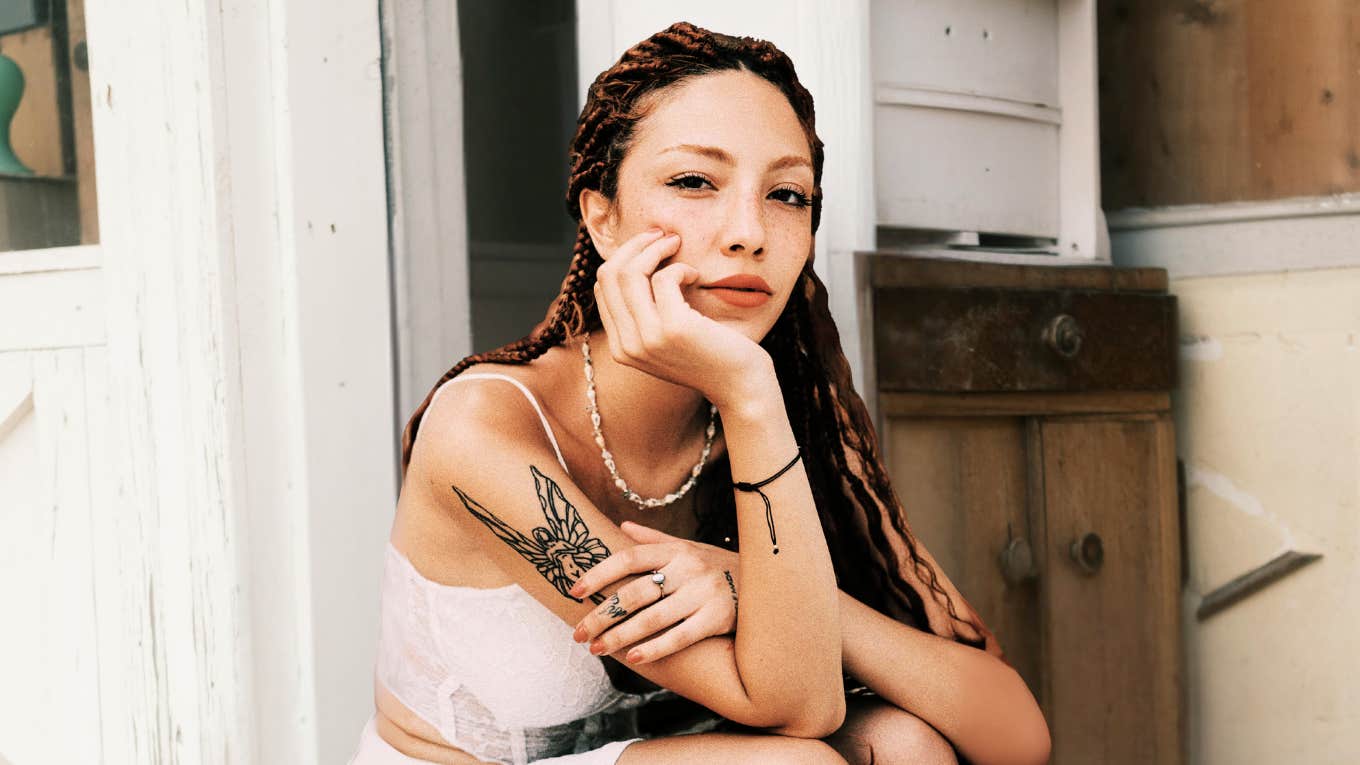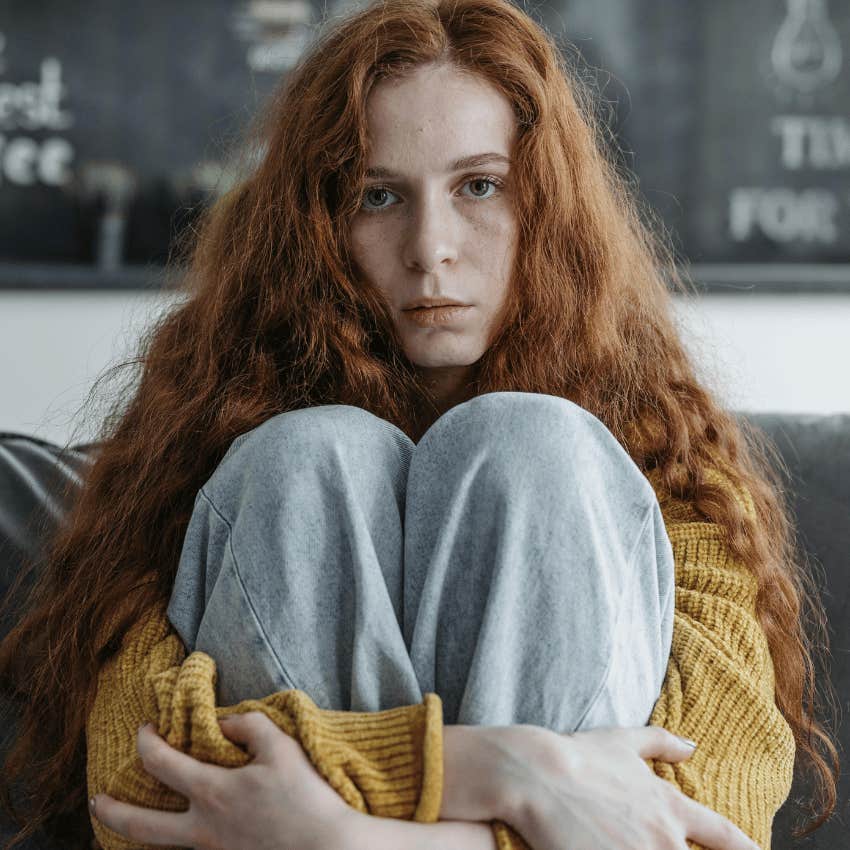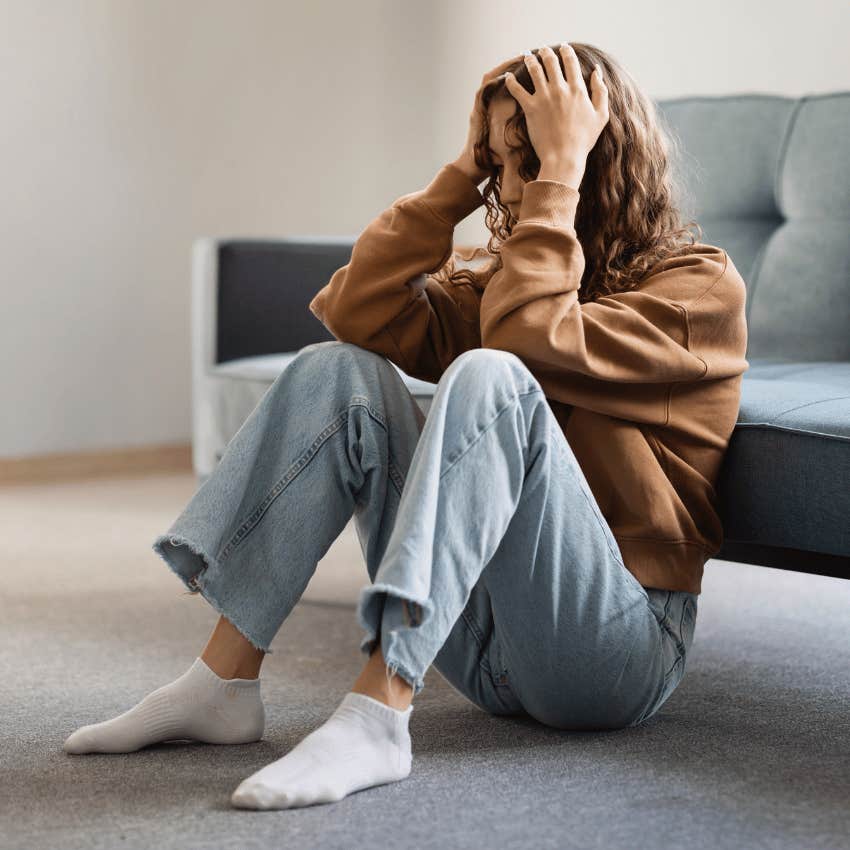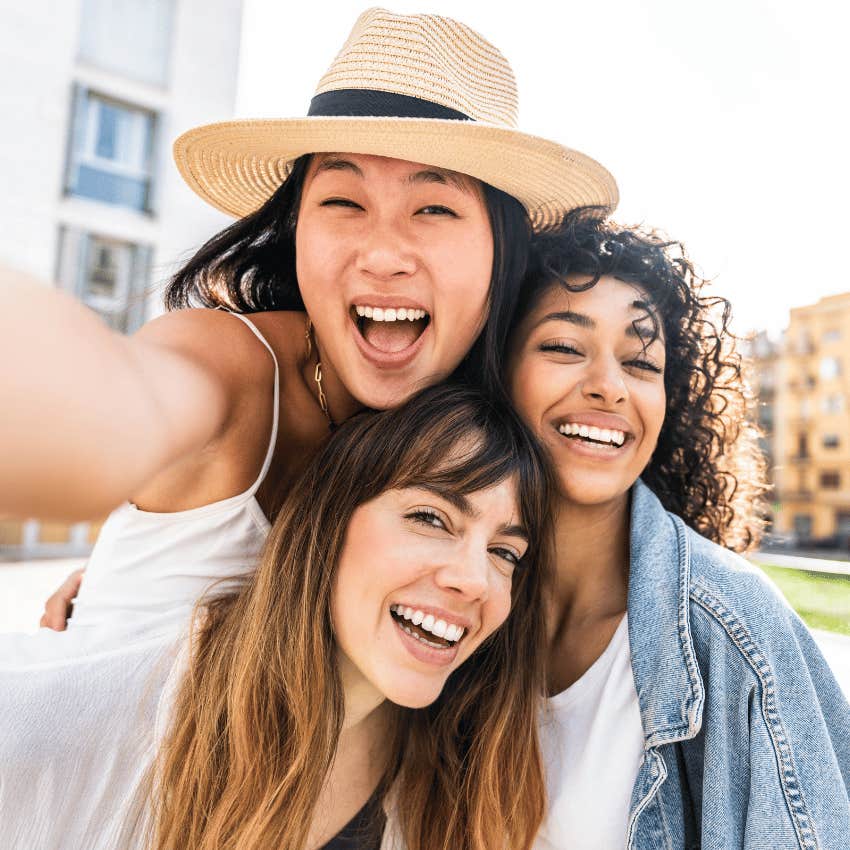From ‘Pick Me’ To Feminist: How I Healed My Addiction To Male Attention
I wasn’t like most girls — I was deeply insecure.
 Ozan Çulha | Pexels
Ozan Çulha | Pexels I never thought I’d share something this shameful on the internet, but in the name of personal development, here’s an excerpt from my college diary:
“I went to a party with Michelle this weekend. It was so boring. The only time I feel anything is when a guy is paying attention to me. Everything else feels like a placeholder for that. Even my female friendships. Especially my female friendships. What’s wrong with me? Why am I like this?”
It took a decade of introspection and a few years of intensive trauma therapy, but I now understand why I was like that.
At the end of a superhero movie, the protagonist saves the world. At the end of a Disney movie, the princess gets married. Boys grow up believing that they can be anything — even superhuman.
Girls grow up believing that desirability is the ultimate goal. Surrendering herself to a man, our culture insists, is the pinnacle of a woman’s purpose.
A 2014 study from the University of the Incarnate Word discusses whether the influence of Disney films affects the girls who watch these films once they become adult women. The purpose of their study is to discover how watching Disney princess films as a child affects adult women aged 20-37's decisions regarding their love lives. This data found women are influenced, whether consciously or unconsciously, by what they see in Disney princess films while choosing mates, setting standards, and establishing expectations for their lovers.
But my self-abandonment went so much deeper than Disney movies. My brother, Scott, was 11 the first time he threatened to take his own life. I was seven. Still, I knew that if anyone could talk him out of it, it was me. I had a skill that no one else in my household possessed: I could turn off my emotions at will and navigate a situation with calm, detached logic.
We didn’t know it at the time, but Scott had undiagnosed bipolar disorder with a not-so-healthy dose of narcissism. He quickly learned that a suicide threat was the easiest way to evade responsibility. Obtain forgiveness for his horrific actions. Flip the script so he was the victim.
As my brother’s mental illness grew, my sense of self withered away. Over and over again, I gave more of myself so his ego could thrive. By the time my best friend actually died by suicide at 19, I had nothing left.
My little “skill” had become permanent. Somewhere along the line, my emotions shut off for good. My body and my consciousness separated from each other. The world around me looked flat and dull, like a dystopian dreamscape. I felt nothing at all. At least, not until a guy came along.
Male attention sparked a hit of dopamine that broke through the dissociation. Temporarily, of course, but at least I felt something. As a result, I spent all of my adolescence and young adulthood chasing that high.
 Pavel Danilyuk | Pexels
Pavel Danilyuk | Pexels
By middle school, I was a full-blown pick-me girl — too cool for “girly stuff” like dresses, vulnerability, and taking offense to sexist comments. Instead, I gamed, played guitar, drank beer, and hung out with predominantly guys.
“You’re not like most girls,” they’d tell me, and I wore that like a badge of honor. But while my all-male friend group admired this chill demeanor, my romantic relationships tanked. The dopamine hits would disappear after the honeymoon phase, and I lacked the emotional complexity required for something deeper. Before long, I’d sabotage the relationship so I could find another fix.
As my 30th birthday approached, I couldn’t take it anymore. I was tired of being a pick-me girl. The dopamine hits weren’t enough. I wanted to experience real emotions. I wanted to feel genuine love — for someone else, and for myself.
 Prostock-studio | Shutterstock
Prostock-studio | Shutterstock
I started therapy, and a psychologist diagnosed me with depersonalization-derealization disorder. From there, the healing began.
Using a trauma treatment called EMDR, we cracked my disorder open and excavated my emotions. Underneath the numbness, I found grief. Shame. Fear of abandonment. Insecurity — so much insecurity.
A 2023 review published in the Journal of Innovations in Clinical Neuroscience explains that depersonalization and derealization refer to an estranged state of mind that involves a profound feeling of detachment from one’s sense of self and the surrounding environment, respectively. The phenomenon of depersonalization/derealization has received some of the least attention in psychiatric research despite its high lifetime prevalence in the general population; epidemiological studies show that between 26 and 74 percent of individuals have short-term symptoms.
I didn’t crave male attention because I was a bad person, I realized. I craved male attention because it was the only time someone made me feel like the protagonist in my own life.
Since I was seven years old, I’d lived in a guy’s shadow. I existed as a side character in someone else’s story. I took up as little space as possible. I made myself small so he could make himself big. All my life, I had waited for men to tell me I was worthy. Now, I was done asking permission.
 DavideAngelini | Shutterstock
DavideAngelini | Shutterstock
I’ve been in therapy for three years, and my life looks so different now.
I’m a patchwork of things that once seemed contradictory: I wear dresses and play Fortnite. I bake pies for my dinner parties, but I’m damn particular about who I let through my front door. I’m shockingly resilient and unapologetically soft at the same time.
Emotions tumble out of me at random, inconvenient moments, but I’ve learned to view them as a superpower rather than a weakness. I’m in a deeply fulfilling, long-term relationship with a man who makes me feel safe and seen — whether I’m chill or not.
I have a group of all-female friends, and they’ve shown me the value of vulnerability. They never ask me to abandon myself for their benefit. They nurture me the way I have always wanted to be nurtured, and I nurture them back. Not because my survival depends on it, but because they genuinely deserve it.
I’m an ex pick-me turned die-hard feminist, and I will no longer make myself small for people who never had room for me in the first place.
Maria Cassano is a writer, editor, and journalist whose work has appeared on NBC, Bustle, CNN, The Daily Beast, Food & Wine, and Allure, among others. She's in the process of publishing her memoir.

